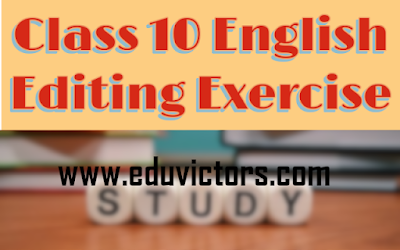History MCQs For Competitive Examinations
For several million years after primates first appeared at the surface of the earth, people lived in small communities, in search of to survive by looking, fishing, and foraging in a regularly opposed surroundings. Then , within the area of a few thousand years, there was an abrupt trade of direction as humans in a few broadly scattered areas of the globe began to grasp the artwork of cultivating meals plants. As food production extended, the population in the ones areas rose correspondingly, and people began to congregate in large groups. Kingdoms were shaped to offer safety and different wanted services to the neighborhood population. Cities regarded and have become the focus of cultural and religious improvement. Historians consult with this method as the beginnings of civilization.
World history explores the human beyond,around the world,to help us understand the sector we stay in these days. It seeks to become aware of how main forces have developed over the years,like styles of migration or international trade.It explores the cultures and political establishments of various regions, to help explain commonalities and differences.









